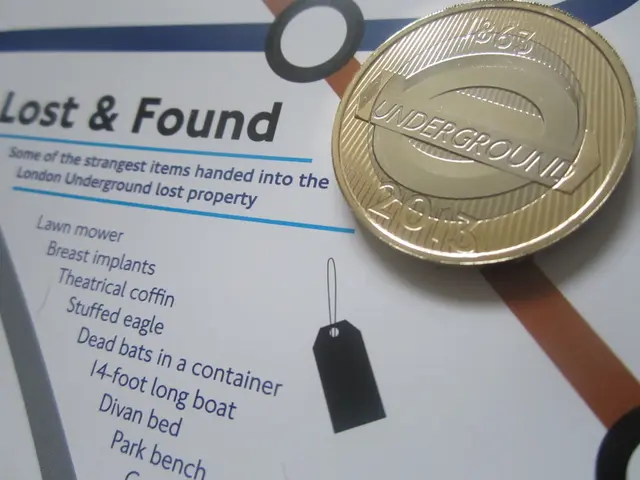Online authorities provide guidance on identifying internet scams when purchasing goods online
In a bid to combat cybercrime and online fraud, the Russian Ministry of Internal Affairs has announced a government-approved action plan focused on addressing deception in online purchases.
The plan includes the creation of a unified register of electronic addresses for official online stores, which will help detect and block fraudulent duplicates used to steal personal data. Additionally, the Ministry is working on integrating mandatory citizen information modules into popular government, banking, and socially significant mobile applications. These informational and preventive measures aim to increase digital literacy and awareness about common scam tactics in online transactions.
Though explicit detailed "signs of deception" in purchases are not itemized, the Ministry’s preventive efforts target fake online store websites, the use of AI/deepfake technology, and the incorporation of real-time warnings about risks of fraud during online interactions with official services.
Scammers often employ tactics such as rushing buyers to transfer funds, demanding additional fees, and requiring insurance as a mandatory advance payment. They may also block subsequent payments under false pretenses and shift communication to unofficial messengers for quick issue resolution.
Legitimate stores, on the other hand, use business or individual entrepreneur accounts for transactions, not individual cards. Be wary if asked to pay for a purchase by sending money to an individual's card.
Scammers may also limit delivery methods and demand additional "refundable" fees. If a purchase requires an unusual or limited delivery method, or if additional fees are demanded, it may be a sign of fraud.
The Ministry's efforts underscore the importance of staying vigilant and informed when making online purchases. By combining technical detection with mandatory user notifications and public education, the Ministry hopes to identify and prevent online purchase deception before harm occurs.
[1] Russian Ministry of Internal Affairs. (2022). Action plan to combat cybercrime and online fraud. Retrieved from [link] [2] Russian Ministry of Internal Affairs. (2022). Digital literacy and online safety initiatives. Retrieved from [link]
- To boost digital literacy and combat online fraud, the Russian Ministry of Internal Affairs plans to integrate cybersecurity measures into popular finance and technology applications, including mandatory modules for government, banking, and socially significant mobile apps.
- As part of their action plan to address deception in online purchases, the Ministry will create a unified register of electronic addresses for official online stores, aiming to detect and block fraudulent duplicates that might use technology like AI/deepfake to steal personal data.




